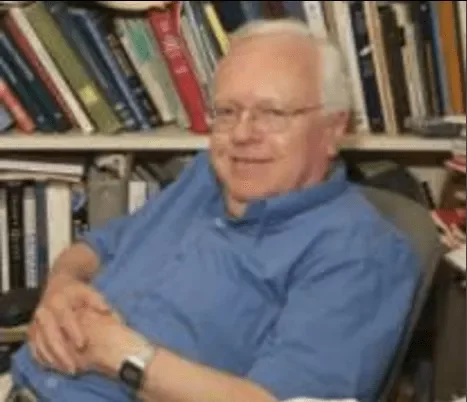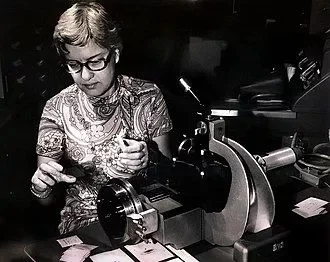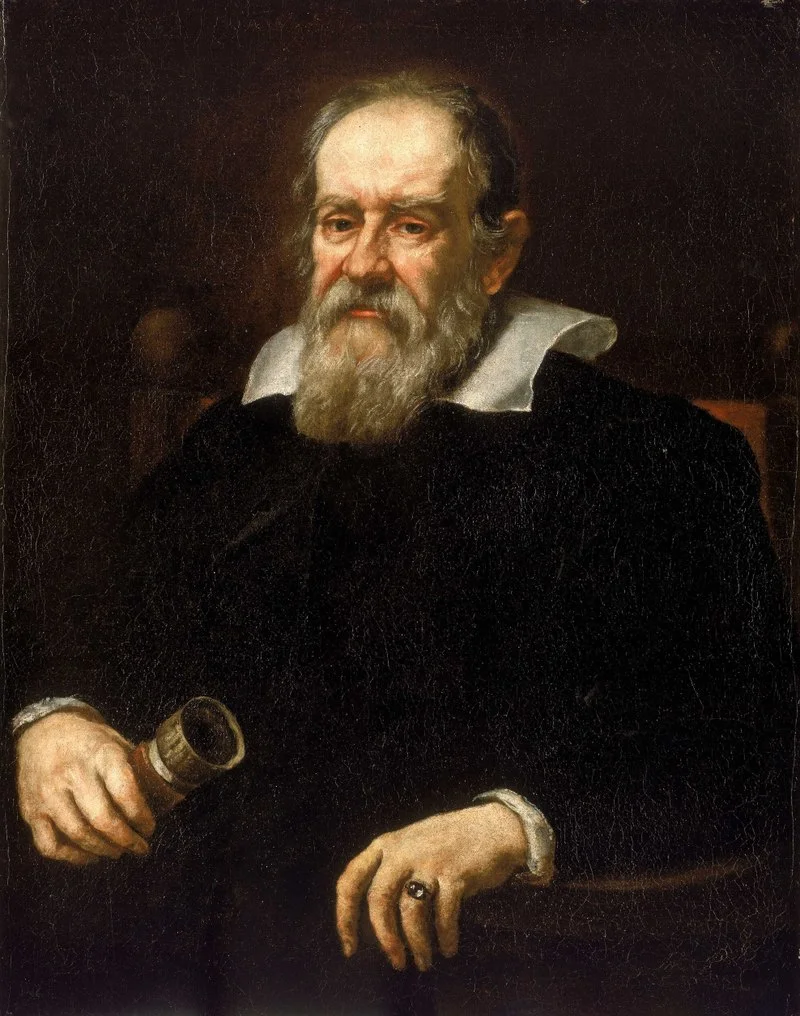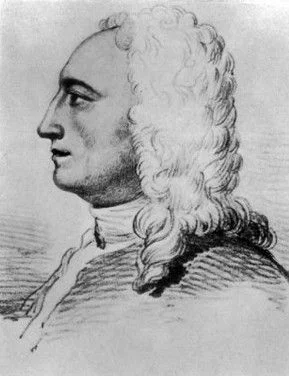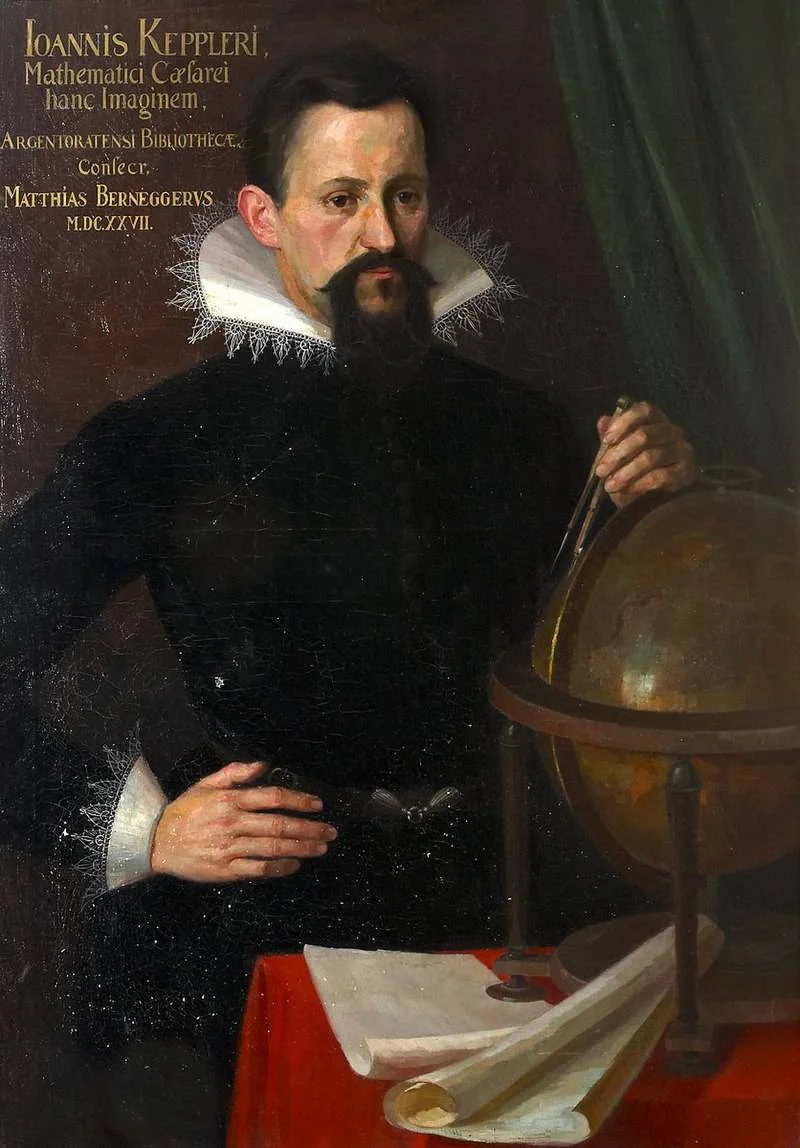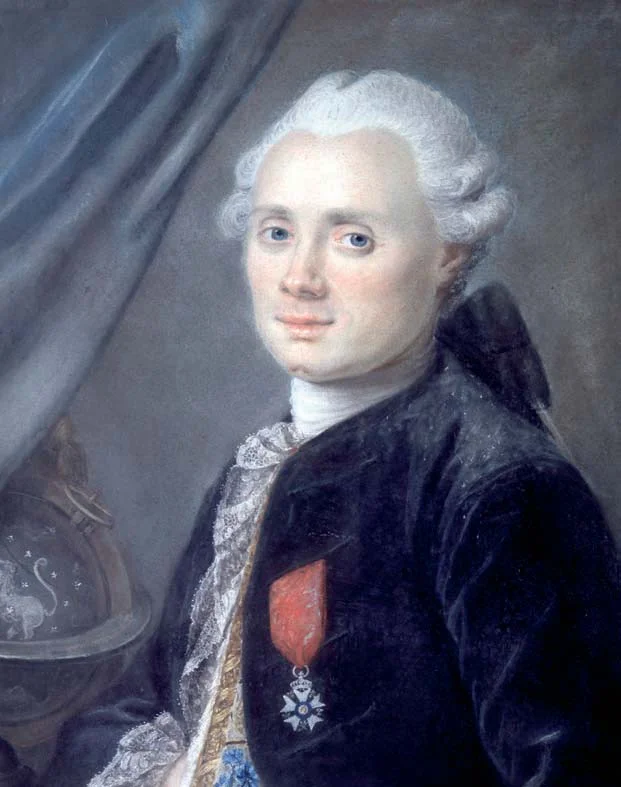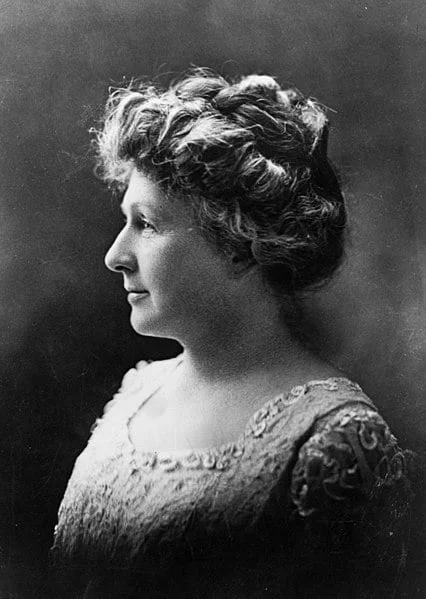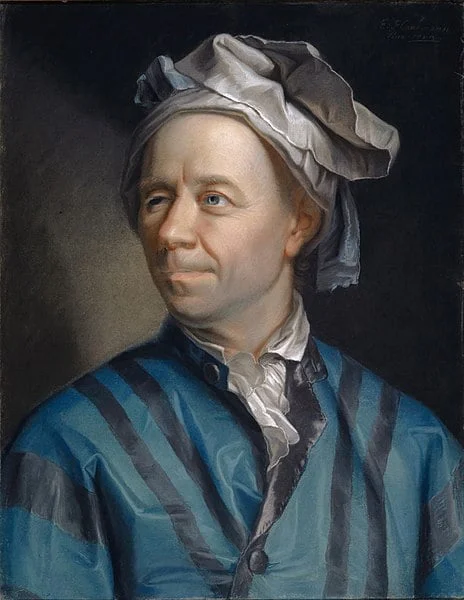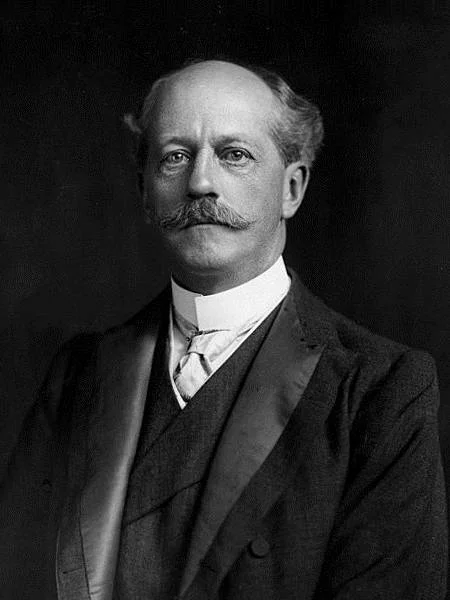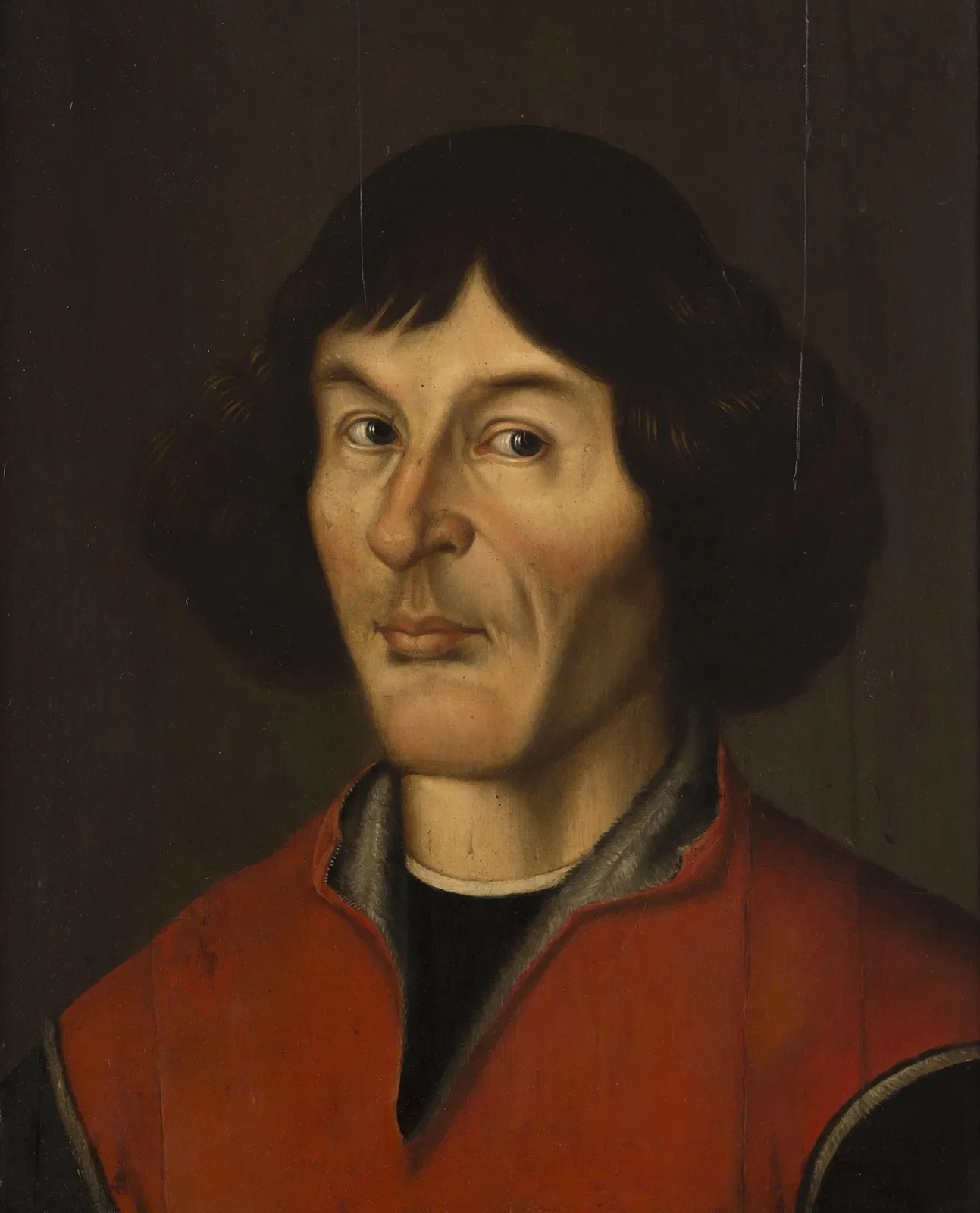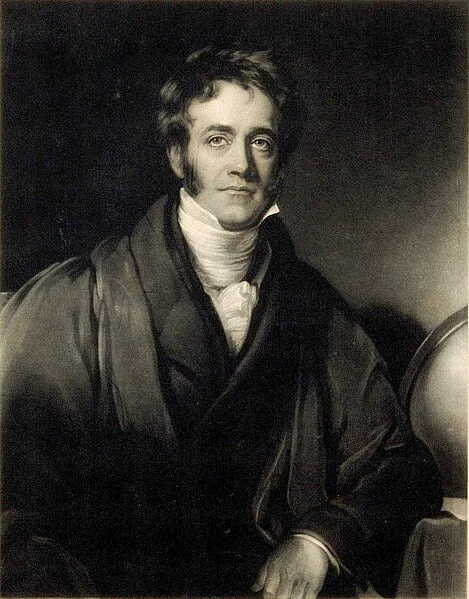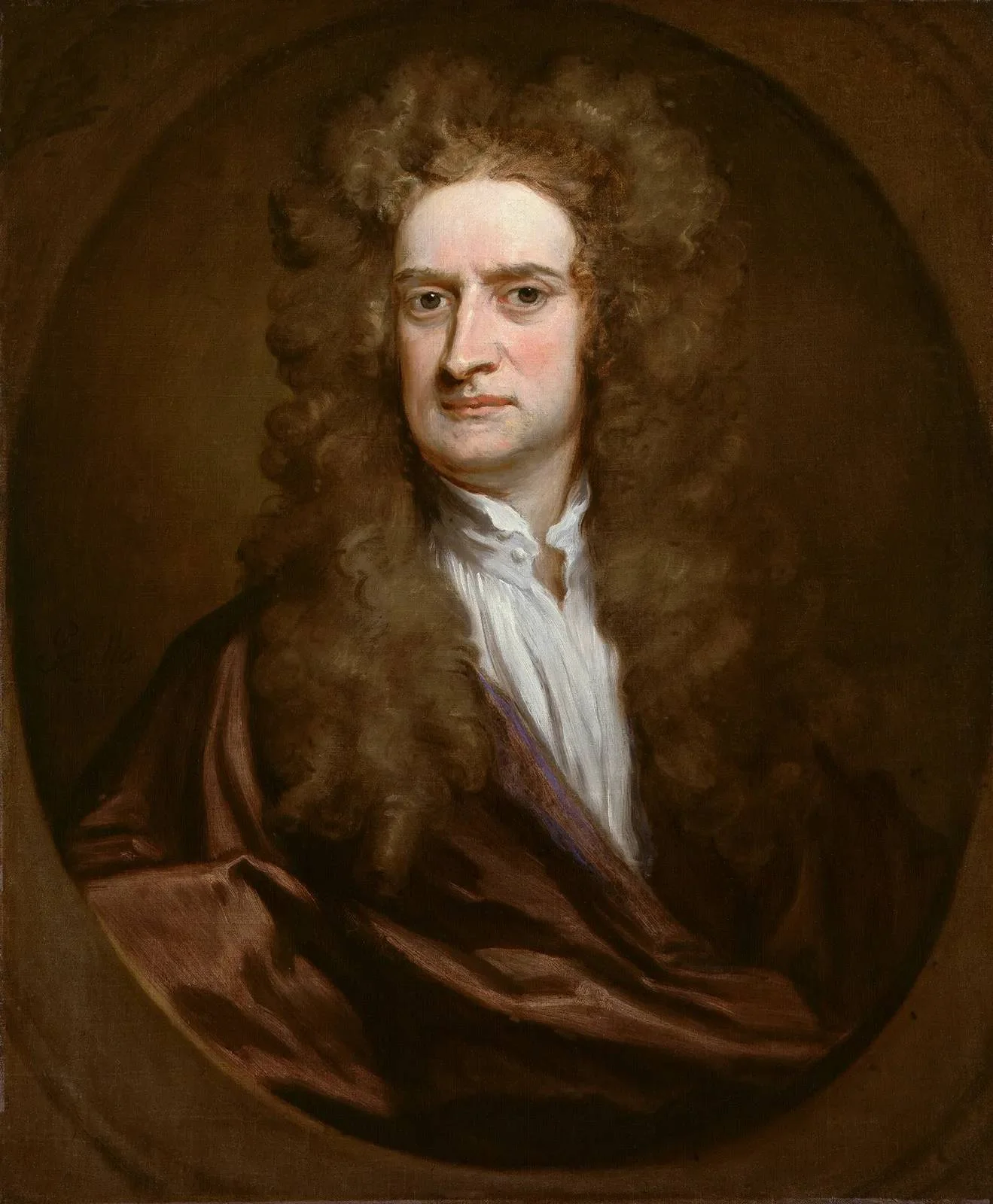Real Celebrities Never Die!
OR
Search For Past Celebrities Whose Birthday You Share
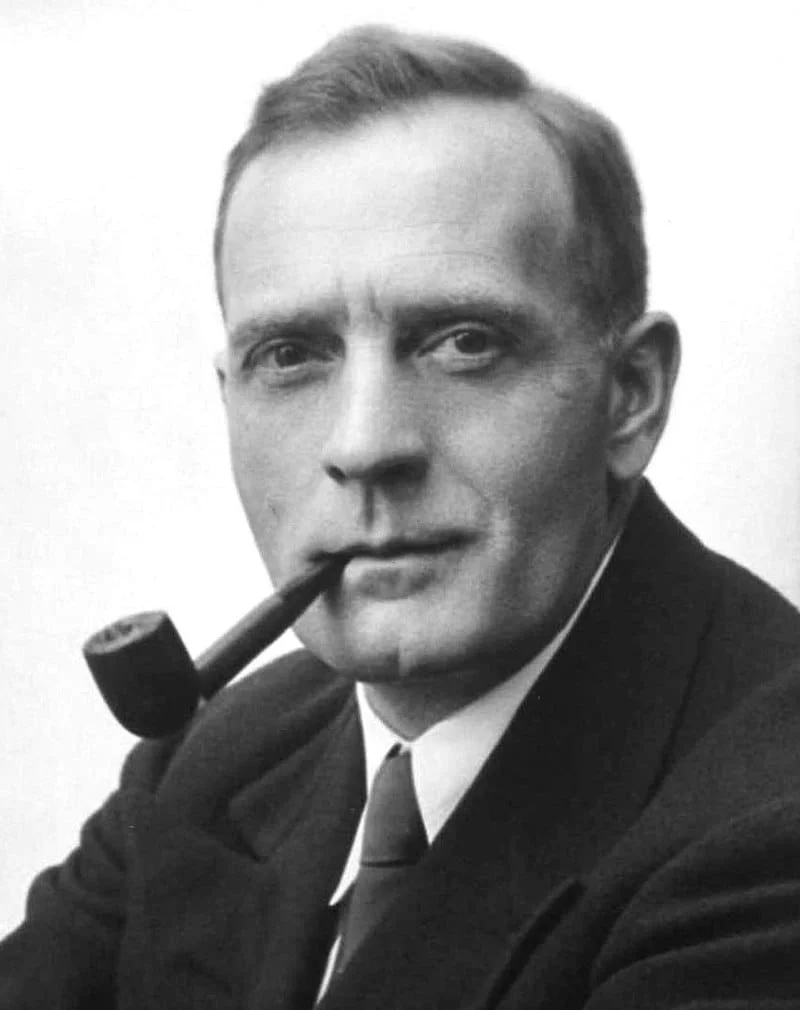
source:wikimedia.org
Edwin Hubble
Birthday:
20 Nov, 1889
Date of Death:
28 Sep, 1953
Cause of death:
Cerebral thrombosis (stroke)
Nationality:
American
Famous As:
Astronomer
Age at the time of death:
63
Edwin Hubble's Quote's
Introduction to Edwin Hubble’s Legacy
Edwin Powell Hubble was an American astronomer whose groundbreaking discoveries fundamentally altered the understanding of the universe. Edwin Hubble was known for laying the foundation for an expanding universe and introduced Hubble’s law, which described the relationship between a galaxy’s distance and its velocity.
Early Life and Education
Edwin Hubble was born on November 20, 1889, in Marshfield, Missouri, to John Powell Hubble, an insurance businessman, and Virginia Lee James, a homemaker. Edwin was one of eight children in a family that valued education. In 1906, at 16, Hubble earned a scholarship to the University of Chicago, where he studied physics and astronomy, graduating in 1910. However, his path to astronomy was not straightforward, as he spent three years studying jurisprudence at the University of Oxford as a Rhodes Scholar.
Return to Science and Graduate Studies
In 1913, Hubble returned to the United States, teaching high school for a year before enrolling in graduate studies in astronomy at the University of Chicago. At the Yerkes Observatory, Hubble conducted observational research with a 24-inch reflector telescope, completing his dissertation on “Photographic Investigations of Faint Nebulae” in 1917. His work caught the attention of Mount Wilson Observatory’s director, but World War I delayed his start there.
Joining Mount Wilson and the Andromeda Discovery
Edwin Hubble joined the staff at Mount Wilson in 1919 after serving in World War I. Initially studying reflection nebulae, Hubble made a landmark discovery in 1923 by identifying Cepheid variable stars in the Andromeda Nebula. This discovery proved that Andromeda was far beyond the Milky Way, expanding the known universe and challenging the belief that the Milky Way encompassed the entire universe.
Hubble’s Law and Expanding Universe
Hubble’s collaboration with astronomer Milton Humason led to the development of what became known as Hubble’s law. In 1929, Hubble observed that a galaxy’s redshift is directly proportional to its distance from Earth, providing key evidence for the expanding universe theory.
Later Years and World War II Service
After publishing The Realm of the Nebulae in 1936, Hubble shifted his focus to consolidating the field of astronomy. His research continued to influence the field, but his career was interrupted again by World War II, during which he served his country.
Death and Enduring Legacy
On September 28, 1953, Edwin Hubble passed away due to a cerebral thrombosis at the age of 63. His legacy lives on, most notably through the Hubble Space Telescope, launched in 1990, which continues to make groundbreaking discoveries and cements Hubble’s place as one of the most influential astronomers in history.
Name:
Edwin Hubble
Popular Name:
Edwin Hubble
Gender:
Male
Cause of Death:
Cerebral thrombosis (stroke)
Spouse:
Place of Birth:
Marshfield, Missouri, USA
Place of Death:
San Marino, California, USA
Occupation / Profession:
Personality Type
Architect: Imaginative and strategic thinkers, with a plan for everything. Edwin Hubble was analytical, visionary, and strategic, known for his long-term approach to solving astronomical mysteries, such as the expanding universe and galaxy classification.
Edwin Hubble was a keen sportsman and a fan of science fiction novels.
His groundbreaking discovery of an expanding universe came from his work at Mount Wilson Observatory.
Hubble originally studied law at Oxford University before turning to astronomy.
Hubble served in World War I and II.
The Hubble Space Telescope, launched in 1990, was named in his honor.
Discovered that the universe is expanding (1929).
Formulated “Hubble’s Law,” which shows a relationship between a galaxy’s distance and its recessional velocity.
Pioneered the classification of galaxies by shape.
Played a key role in establishing observational cosmology.

